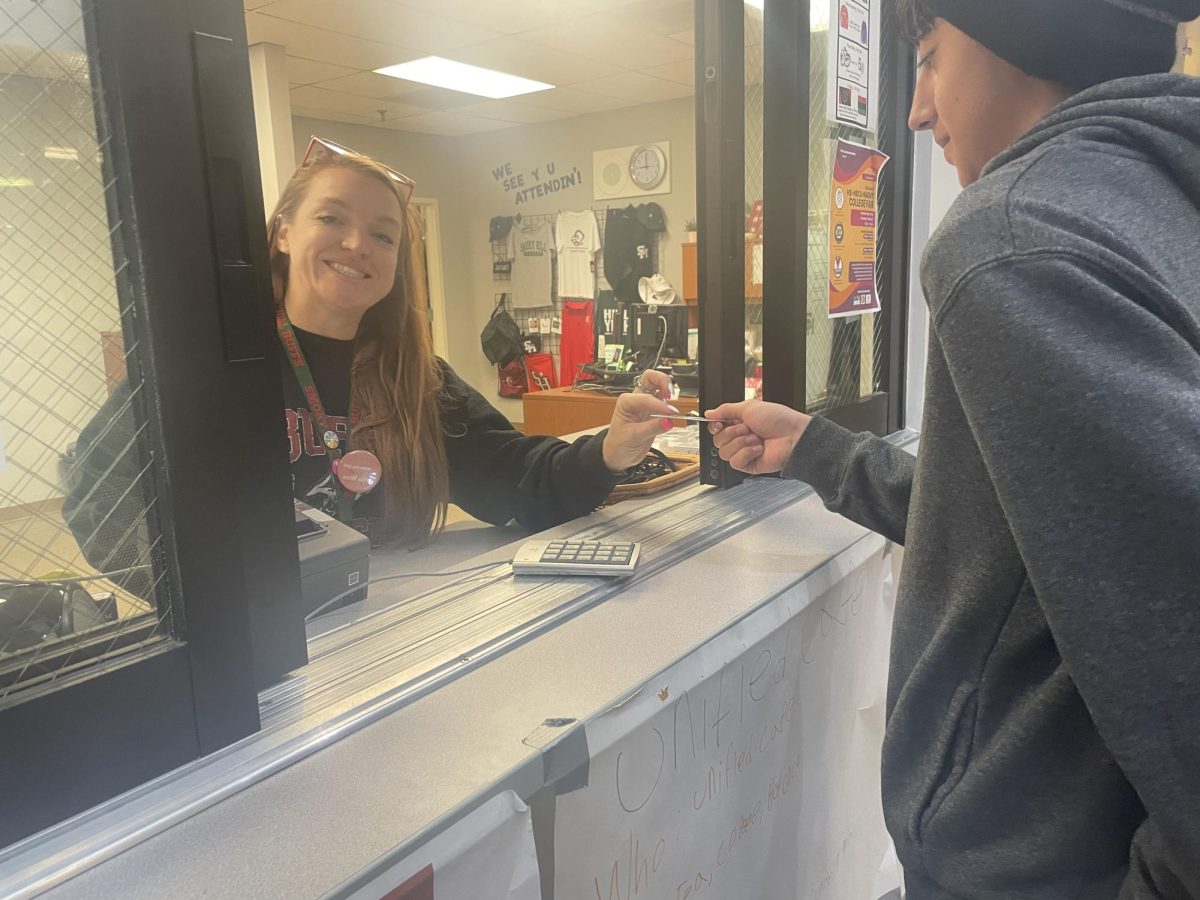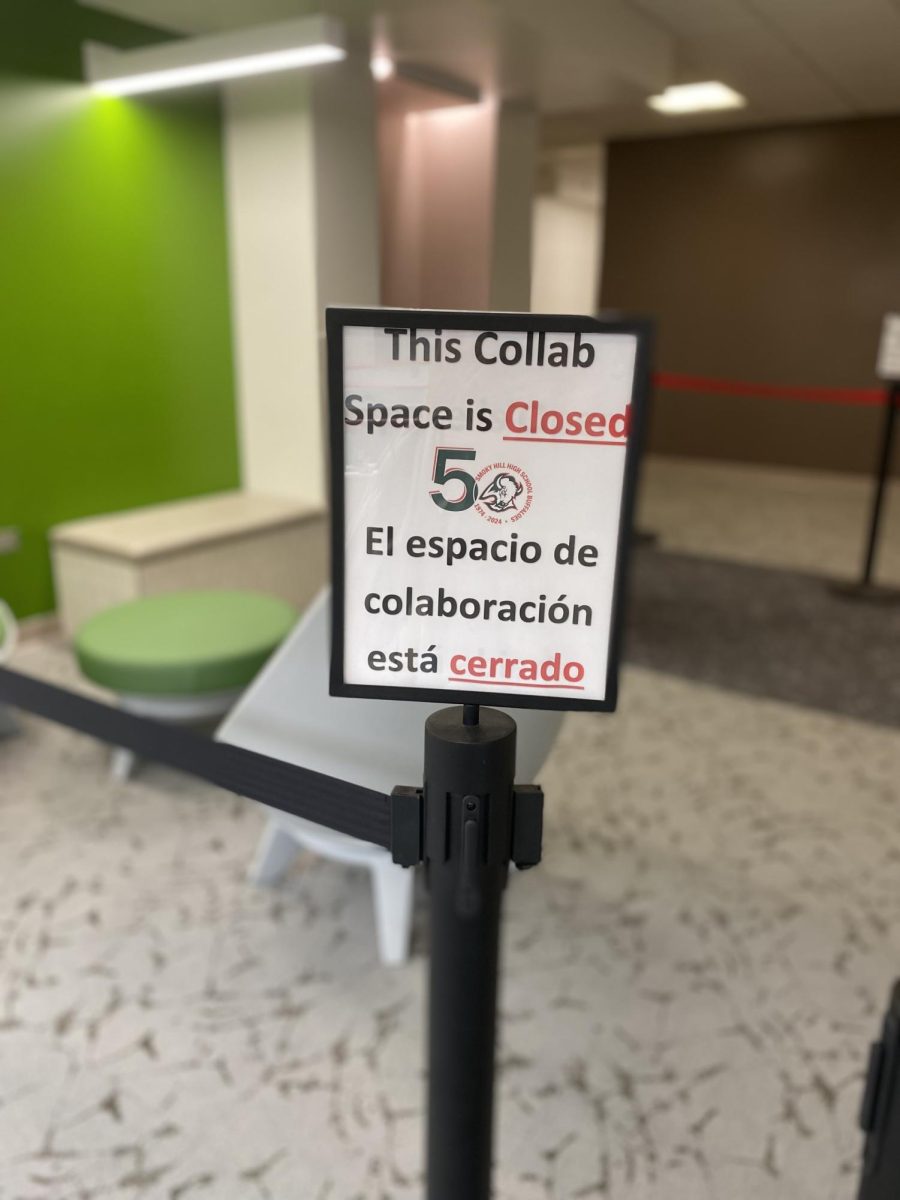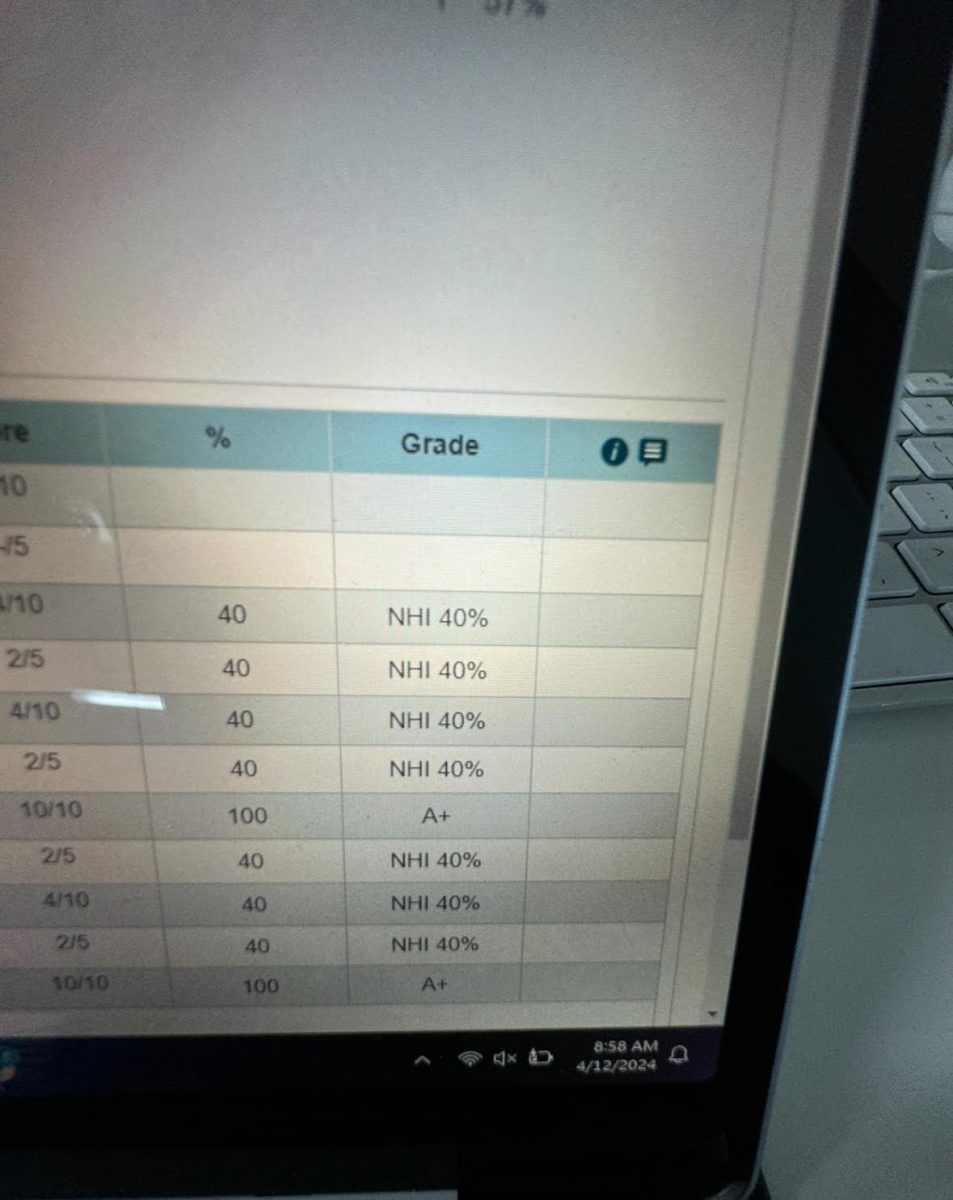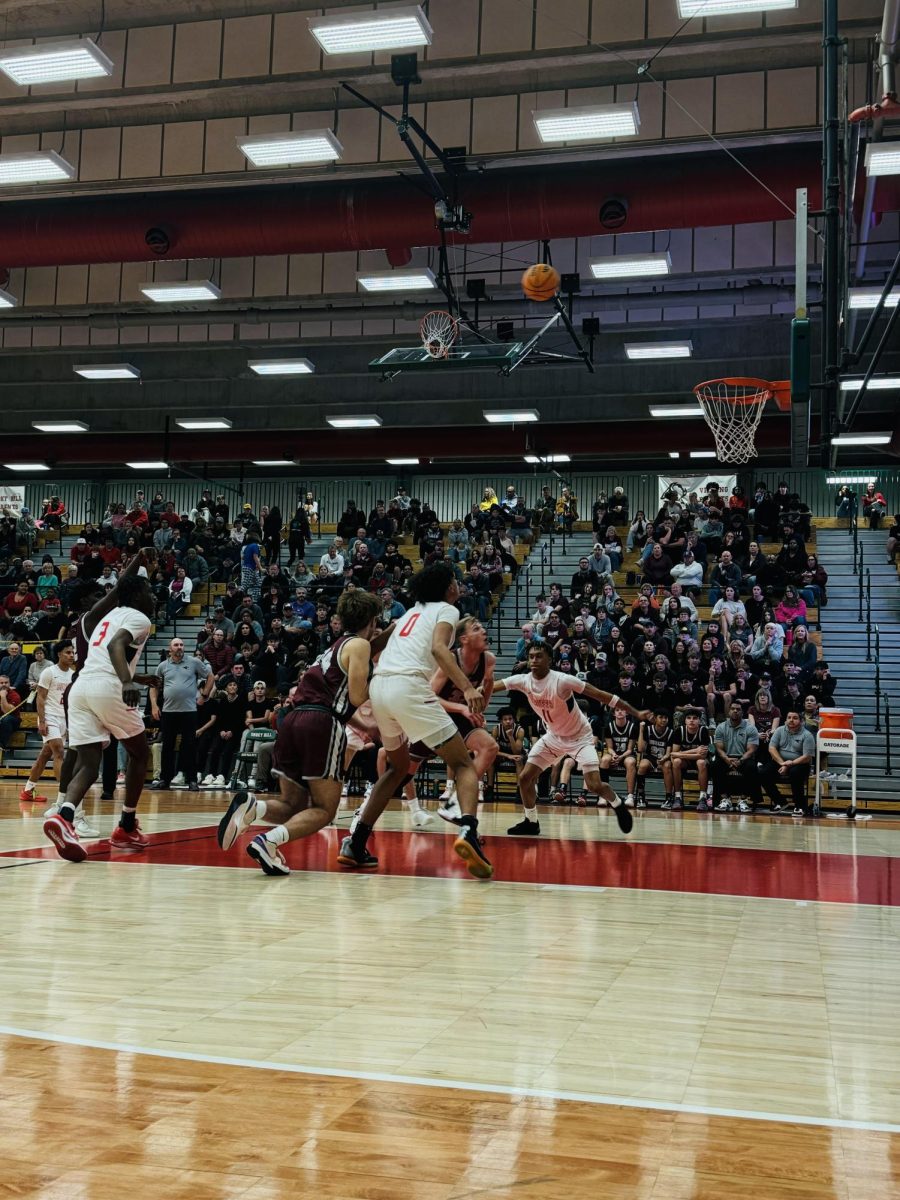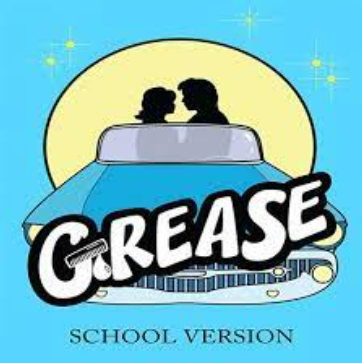The Myths Around Cracking Knuckles.
Proof cracking knuckles doesn’t cause arthritis, yet what you should be afraid of when doing so.
May 8, 2018
Crack. Crack. Crack. Cracking your knuckles has become a regular action for you to do as sort of a fidget, and it pains you to be denied the glorious popping sound after cracking them a few minutes earlier. But as you walk into your house with each step accompanied by a popping sound, your mother warns you to stop before you get arthritis.
Many of the students here at Smoky Hill crack their knuckles or joints as a fidget or for comfort. But some are persuaded by their family or friend’s to not do since they will get arthritis.The Arthritis Foundation describes arthritis as, “Common arthritis joint symptoms include swelling, pain, stiffness and decreased range of motion.”
Even Though cracking your knuckles is commonly known to cause arthritis, no studies have conclusively shown a relation between cracking your knuckles and arthritis.
A doctor known as Donald Unger wanted to disprove the fact the cracking your knuckles causes arthritis by cracking his own knuckles for 60 years. Steve Mirsky is a news reporter for Scientific America and wrote the article called, “Crack Research: Good news about knuckle cracking” in which he reported Donald Unger’s findings, “”He thus used a half-century “to test the accuracy of this hypothesis,”… Finally, after five decades, Unger analyzed his data set: “There was no arthritis in either hand, and no apparent differences between the two hands.” He concluded that “there is no apparent relationship between knuckle cracking and the subsequent development of arthritis of the fingers.”
Although Donald Unger somewhat proved that cracking your knuckles isn’t a cause for arthritis, he couldn’t find anything good or bad about cracking your knuckles.
Another study by the Annals of Rheumatic Diseases however concluded different results. In a article on The National Center for Biotechnology by J Castellanos and D Axelrod called, “Effect of habitual knuckle cracking on hand function.” is gave a brief description of the test, “The age and sex distribution of the patients (74 habitual knuckle crackers, 226 non-knuckle crackers) was similar. There was no increased preponderance of arthritis of the hand in either group; however, habitual knuckle crackers were more likely to have hand swelling and lower grip strength. Habitual knuckle cracking was associated with manual labour, biting of the nails, smoking, and drinking alcohol. It is concluded that habitual knuckle cracking results in functional hand impairment.”
You can crack your fingers, knuckles, and other joints without worrying about getting arthritis. But it can cause other symptoms such as increased swelling in hands and lower grip, and some bad habits. It’s your choice in the infamous question, to crack or not to crack.


